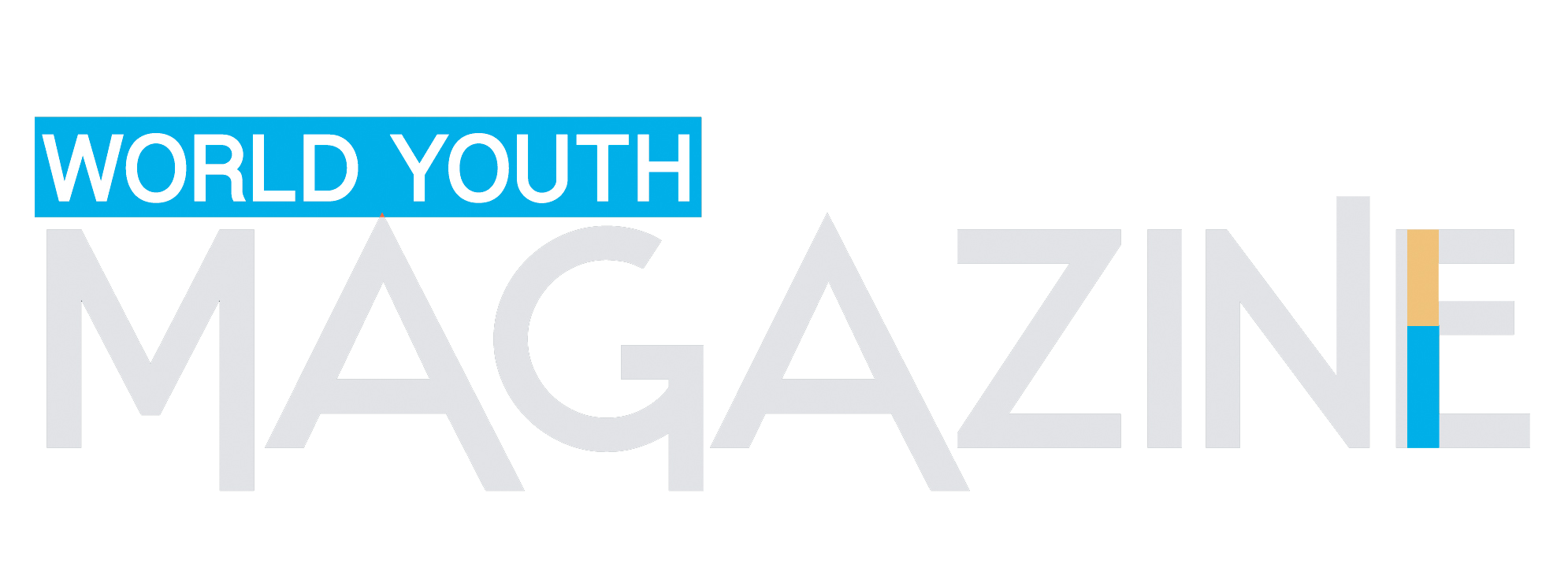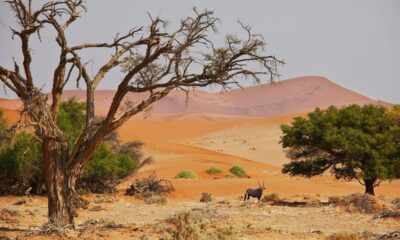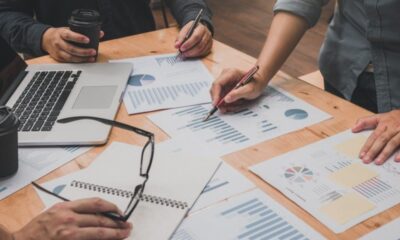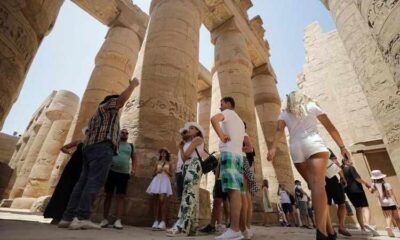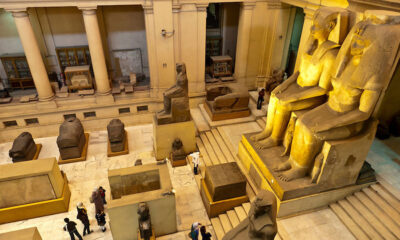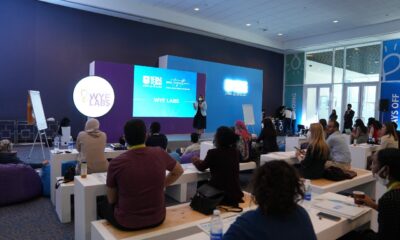Egypt
Sustainable Development Goals…. The Egyptian Story

In 2015, United Nations began with an ambitious agenda adopted globally to put a new plan on how to sustain international cooperation to develop the lives of the people. Those sustainable development goals are set to achieve a prosperous and sustainable future for every person. This agenda seeks to achieve 17 global goals which are all interlinked and are essential “to leave no one behind”.
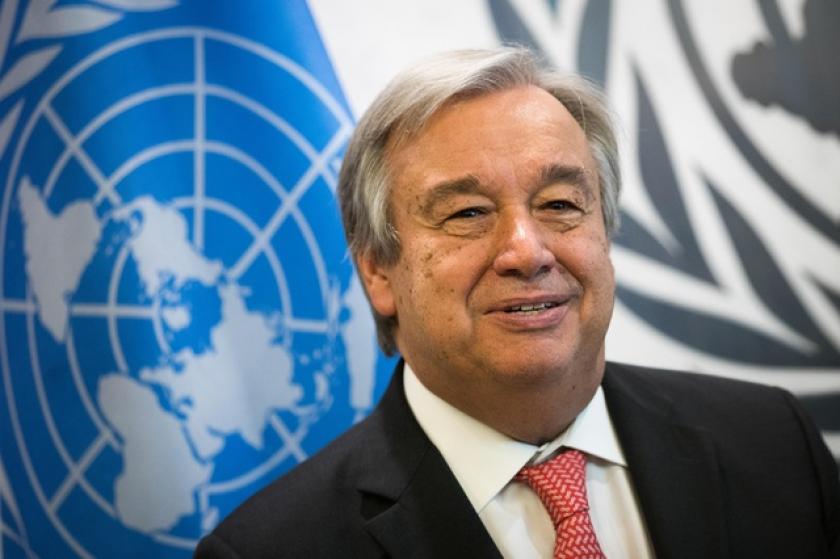
“The 2030 Agenda and the Sustainable Development Goals are our collective response to building a fair globalization. They are a recognition of the need to address the gaps in the extraordinary expansion of the global economy over the last decades. We need to embed the essence of the 2030 Agenda into everything that we do,” António Guterres, United Nations Secretary-General
In January 2016, these goals were transformed into action through an inclusive and indivisible agenda adopted by 193 countries to guide global development policies for the coming years until 2030. This agenda seeks to achieve human development which considered being a necessity to achieve economic growth. Not only is the social perspective taken into consideration on this agenda. But also, it focuses on the environmental perspective to have a safer future for our generations.
Localizing the SDGs agenda
Egypt is part and parcel of the world that faces serious challenges like economic inequality, extreme poverty, gender gap and many other challenges. Therefore, Egypt also issued its Sustainable Development Strategy (SDS), called “Egypt Vision 2030”. This vision represents a path on the way towards inclusive development through, economic and social justice. In 2016, Egypt presented its first Voluntary Review on the Sustainable Development Goals, in addition to a second one that was issued in 2018. We will take two examples about Egyptian efforts to enhance its status in SDGs agenda; women empowerment and affording clean energy.
Egypt aims at integrating women as active participants in their economy and to increase their participation in the labor force. All previous efforts were institutionalized within the national strategy for the empowerment of Egyptian women 2030 that set to be the guideline for the Egyptian government. Those efforts have culminated through the growing representation of women in the parliament and the cabinet as well.

Egypt has also realized the necessity to adopt clean energy in achieving economic growth. In 2015, the Egyptian Ministry of Electricity released the Sustainable Energy Strategy to 2035, in line with the SDGs agenda, to have “affordable and clean energy”. It seeks to depend on renewable energy to produce power as Egypt can successfully make use of its renewable energy, due its abundance of natural resources, like solar and wind. Nowadays, Egypt is witnessing the construction of one of the largest solar power stations in the world, which is the “Benban power station “in Aswan Governorate.
This global agenda represents the symphony of cooperation among countries; there has been a shift away from official development assistance towards a new paradigm based on effective development cooperation. It transcends the traditional donor-recipient aid approach. Rather, it is based on national ownership and building partnerships for development that aligns with national plans and priorities.
It is true that when you are alone, you are weak. However, when you collaborate with others, you will form a strong team capable of solving all sorts of problems. As the saying goes “United we stand; divided we fall”. We are all human beings. We are all the same and we face similar challenges. Yet, global cooperation allows us to stand hand in hand against all odds to achieve mutual goals.
